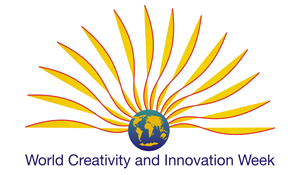An Emerging Ethic for Cheating and Lying?
At the end of Dan Ariely’s talk last night at Toronto’s Rotman School of Management, there was enough time for three questions from the audience, so I asked one. Dan spent the hour prior highlighting research from his book The (Honest ) Truth about Dishonesty: How We Lie to Everyone – Especially Ourselves. He cited studies and entertained with stories that showed
- ways in which people cheat
- under what conditions people lie
- what motivates people to rationalize their cheating and lying as good behaviour.
During the Q&A I asked, “Is it true that everybody cheats and everybody lies?”
“Yes,” was Dan’s response. “And in the future, we’ll be seeing more lying and cheating than we do now.”
Dan ended his talk saying we are all too good, that we don’t cheat enough. He suggested we should cheat more often because there are many opportunities to do so. This sentiment puzzles me. Is his support for a cheating lifestyle or approach aligned with challenging assumptions so as to question the rules, and then break them (i.e. cheat) for the sake of innovation?
Later, he was signing books, I asked:
“What relationship do you know about between creativity and dishonesty?” He laughed. “Creative people cheat MORE,” he said. “There’s an entire chapter in my book on that. Cheating is about storytelling, weaving a tale others can follow about the reasons why a person cheated. Creative people are very good at that.”
Today’s Questions
- What’s your take? Is creativity related to cheating and lying? If yes, how so?
- Is it helpful or hurtful to consider creativity and innovation subsets of cheating?
- If cheating and lying are on the rise, as Ariely says, then what do you suppose will be put in place as we adapt? What new products and services might emerge?
Marci Segal, Freeing leaders’ thinking so they can create new futures
Related creativityland posts
Related articles

